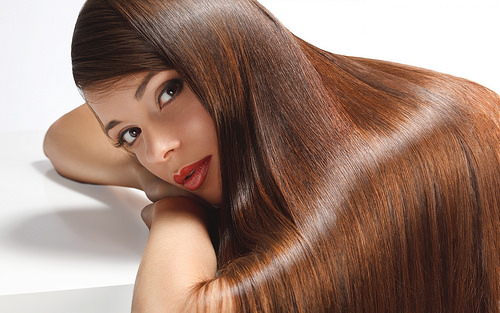What is alopecia?
It is the universal term used for conditions involving hair loss. Oftentimes, the term is used to simply refer to hair loss or the partial or complete loss of hair on the body. Hair loss may occur in any part of the body, but it is most commonly observed on the scalp.
- Alopecia Areata
- Alopecia Causes
- Alopecia Symptoms
- Alopecia Treatments
- Alopecia Cure
- Female Alopecia
- Male Alopecia
- Alopecia in Children
- Traction Alopecia
Why does alopecia happen? Alopecia has several causes, from genetics to autoimmune diseases. It affects both males and females. It also occurs in people, young and old. Alopecia is not a physically debilitating condition; it is also not life-threatening. However, this condition can negatively impact a sufferer’s emotional and psychological well-being. With the stigma attached to baldness, alopecia sufferers who fail to cope with their condition may develop anxiety, low self-esteem and become depressed.
As mentioned earlier, alopecia is brought about by various conditions. Depending on the cause, the problem can be reversed or it can become permanent. In most cases, the hair loss problem is treatable. Oftentimes, the key to preventing the alopecia from progressing is early treatment. This is why, if you suspect you are suffering from excessive hair loss, it is imperative that you see your dermatologist immediately.
To properly diagnose the cause of the alopecia, the dermatologist is going to examine your scalp and observe the pattern of hair loss. Apart from getting your medical history, she may also request for blood tests and other laboratory procedures to be done to know if an underlying illness is causing the hair loss. In certain cases, a skin biopsy and/or analysis of the hair structure may also be done.
What Are the Causes of Alopecia?
Listed below are some of the conditions which cause hair loss:
Androgenic Alopecia
This condition is sometimes referred to as androgenetic alopecia and male or female pattern baldness. Reports indicate that this is the most common cause of alopecia in both men and women. This hair loss condition is hereditary. The risk of having androgenic alopecia increases with age. In women, female pattern hair loss usually manifests after menopause. Meanwhile, around 50% of men in their 50s suffer from this condition. While androgenic alopecia commonly afflicts middle-aged men and women, it may also be observed in teens.
Alopecia Areata
Alopecia areata is a hair loss condition characterised by patchy hair loss on the scalp and other body parts. An autoimmune disease, alopecia areata happens because the immune system attacks the hair follicles. Eventually, the follicles shrink and cease to produce hair. The exact reason why the immune system acts this way remains unknown. However, experts believe that genetics and environmental factors like stress trigger this condition.
Alopecia Totalis
In this condition, sufferers lose all the hair on their scalp, resulting in complete baldness. The hair loss may be gradual, starting off as small bald spots and progressing until all hair is lost. In some cases, the hair loss can happen rapidly.
Alopecia Universalis
A severe form of alopecia areata, alopecia universalis causes extensive hair loss not just on the scalp but also on other parts of the body such as the eyebrows, eyelashes, arms, etc. Apart from clumps of hair falling, alopecia universalis has no other symptoms. However, some sufferers report experiencing itching or burning sensation on their scalp and other affected spots.
Telogen Effluvium
This is said to be the second most common cause of hair loss. Telogen effluvium happens because the normal hair growth cycle is disrupted. A significant number of hair goes into the resting phase and falls off. This condition may be brought about by stress, illnesses, pregnancy and certain medications, among others. Telogen effluvium is a temporary hair loss condition which often gets resolved after several months or once the trigger is removed.
If you are suffering from alopecia, know that treatments are available which can help prevent the condition from rapidly progressing. There are also medications which can help promote the growth of hair on affected areas. So, please see your dermatologist to know your options.
Are you suffering from alopecia? Call us at +353 (0)1 6793618 and schedule an appointment with our experienced dermatologist.
—
Photo by betsyjons

